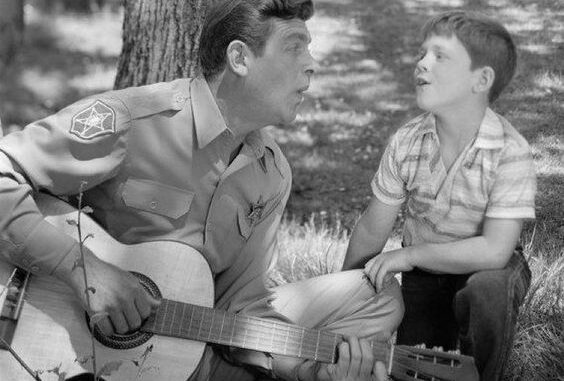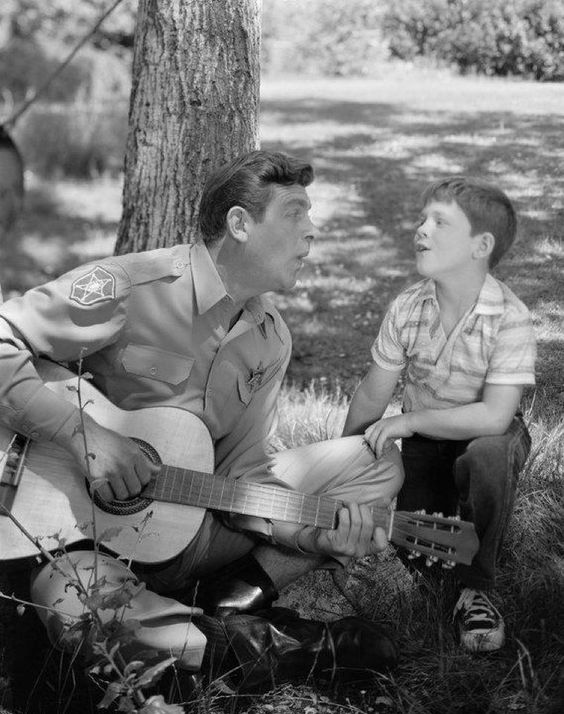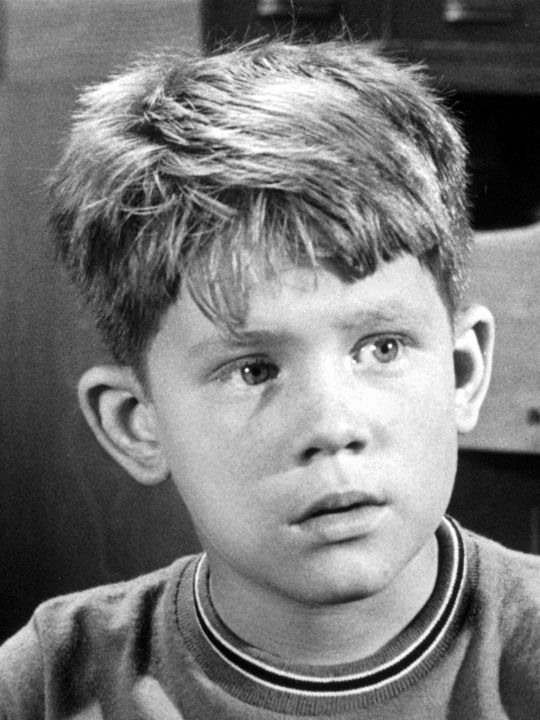
When Ron Howard began securing television roles, his father, Rance, expressed concern. Rance wanted his son to have a chance at a regular childhood and didn’t want the perils of Hollywood to interfere with young Ron’s development.
Sheldon Leonard, one of the producers who worked on The Andy Griffith Show, described the father’s reluctance in the 2002 book Ron Howard: Behind the Camera.
“I wanted 5-year-old Ronny Howard to play Andy’s son,” said Leonard. “I had seen him in a failed pilot he made with Bert Lahr, and I was not about to let him get away from me. His father, Rance Howard, had misgivings. He had been coerced into letting Ronny do the Bert Lahr pilot, and he had lost sleep over it.
“He was genuinely concerned because he didn’t want little Ronny to lose his childhood. I told him how we had protected the two children who worked on The Danny Thomas Show. They enjoyed coming to the studio. They bicycled and skated around the lot. Licensed teachers held them to the curriculum standards of the finest private schools. Rance Howard agreed to take a chance.”
That was the key to Howard’s protected and nurtured childhood: His family was right there with him.

© Paramount Pictures, All Rights Reserved.
Rance insisted on having Ron attend a public school. The shooting schedule was arranged to allow time for his homework. Little League was a big priority as well.
Second to only his family, it was Ron’s interest in the TV process that kept him from any of the potential dangers of being a kid on television.
“I used to really spend a lot of time hanging around with the crew, looking through the camera, turning the wheels, operating the boom mic—making it go in and out,” said Ron Howard. “The crew would get a real kick showing me what they did. It didn’t take me long to realize that the director was the person who got to sort of hang out and play with everybody.”
Nothing can replace a childhood, not fame or fortune or even critical acclaim. Luckily for Ron Howard, there were people around him to help ensure he benefited from all four.
